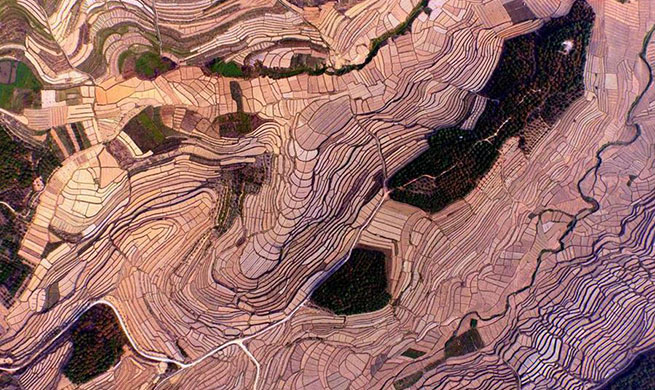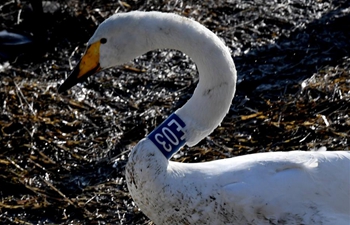WASHINGTON, Nov. 27 (Xinhua) -- American scientists discovered new types of microbes that could consume greenhouse gases like methane and butane, and might one day be used to clean up oil spills.
The study published on Tuesday in the journal Nature Communications revealed new microbial species with keen pollutant-eating powers in the extremely hot, deep-sea sediments located in the Guaymas Basin in the Gulf of California.
"This shows the deep oceans contain expansive unexplored biodiversity, and microscopic organisms there are capable of degrading oil and other harmful chemicals," said the paper's primary investigator Brett Baker, assistant professor of marine science at the University of Texas at Austin.
"Beneath the ocean floor, huge reservoirs of hydrocarbon gases including methane, propane, butane exist now, and these microbes prevent greenhouse gases from being released into the atmosphere," said Baker.
An analysis of sediment from 2,000 meters below the surface with about 200 degrees Celsius gave rise to 551 genomes, 22 of which represented new entries in the tree of life, some even representing new phyla.
"We think that this is probably just the tip of the iceberg in terms of diversity in the Guaymas Basin," Baker said.
"We're doing a lot more DNA sequencing to try to get a handle on how much more there is. This paper is really just our first hint at what these things are and what they are doing," said Baker.













